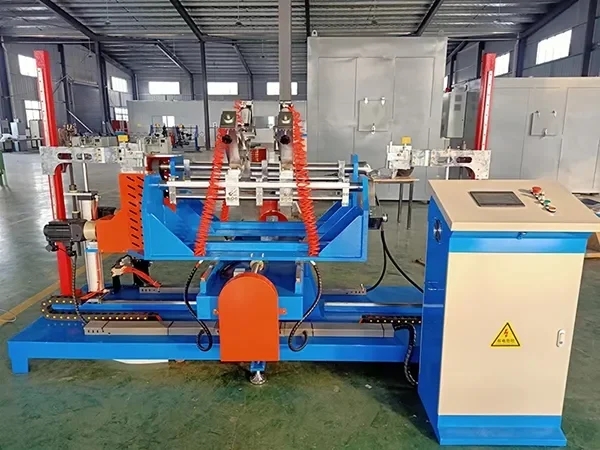In today's interconnected world, the transportation of goods plays a pivotal role in sustaining global trade. Among various modes of transportation, shipping containers have emerged as a game-changer, revolutionizing the logistics industry. This article delves into the advantages of transporting goods in shipping containers, exploring their impact on efficiency, security, cost-effectiveness, and sustainability.
- Enhanced Efficiency:
Shipping containers offer unparalleled efficiency in transporting goods across vast distances. With standardized dimensions, these containers seamlessly integrate with various modes of transportation, including ships, trains, and trucks. The ability to transfer containers directly from one mode to another minimizes handling time, reduces the risk of damage, and expedites the overall transportation process. This efficiency translates into faster delivery times, enabling businesses to meet customer demands promptly. - Optimal Security:
The robust construction of shipping containers ensures the utmost security for transported goods. Made from durable materials such as steel, these containers protect cargo from external elements, theft, and tampering. Additionally, the standardized locking mechanisms and sealable doors provide an extra layer of security, reducing the risk of unauthorized access. This enhanced security instills confidence in both businesses and consumers, fostering trust in the global trade ecosystem. - Cost-effectiveness:
Shipping containers offer significant cost advantages compared to traditional transportation methods. The standardized design allows for efficient stacking and utilization of space, maximizing the cargo capacity of ships, trains, and trucks. This optimization minimizes transportation costs per unit, making shipping containers a cost-effective choice for businesses. Moreover, the reusability of containers reduces the need for constant packaging and unpacking, further reducing operational expenses. - Environmental Sustainability:
In an era of increasing environmental consciousness, shipping containers contribute to sustainable transportation practices. The ability to transport large quantities of goods in a single container significantly reduces carbon emissions per unit of cargo. Additionally, the durability and reusability of containers minimize waste generation, promoting a circular economy. By choosing shipping container transportation, businesses can align their operations with eco-friendly practices, reducing their carbon footprint and contributing to a greener future. - Versatility and Adaptability:
Shipping containers offer unparalleled versatility, accommodating a wide range of goods, from perishable items to heavy machinery. The availability of specialized containers, such as refrigerated containers for temperature-sensitive goods or open-top containers for oversized cargo, ensures that diverse transportation needs are met. Furthermore, the modular nature of containers allows for easy customization, enabling businesses to optimize storage and transportation solutions based on their specific requirements.
Conclusion:
The advantages of transporting goods in shipping containers are undeniable. From enhanced efficiency and optimal security to cost-effectiveness and environmental sustainability, these containers have transformed the global trade landscape. Embracing shipping container transportation empowers businesses to streamline their supply chains, meet customer expectations, and contribute to a more interconnected and sustainable world. As we sail into the future, shipping containers will continue to be the backbone of global trade, propelling economies and fostering international cooperation.







